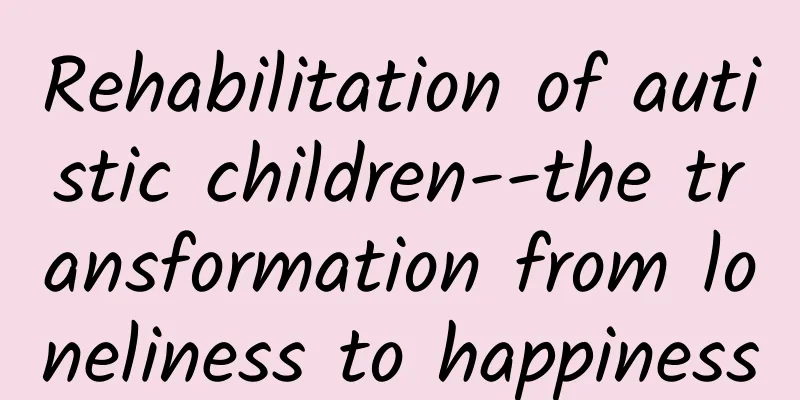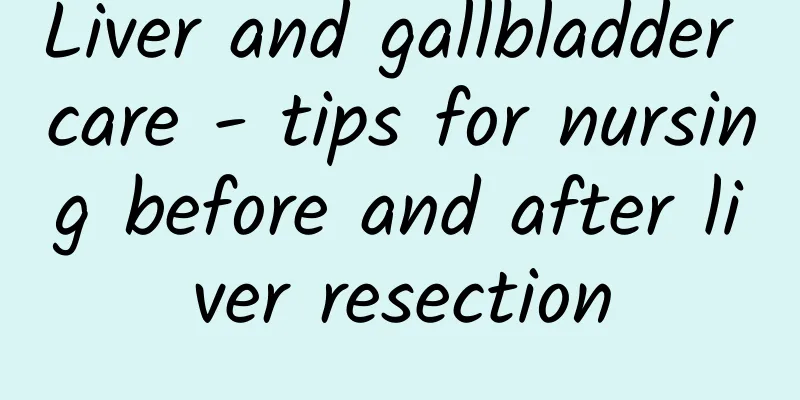[North Xinjiang science experts say: Not that safe] Hidden risks of zinc gluconate
![[North Xinjiang science experts say: Not that safe] Hidden risks of zinc gluconate](/upload/images/67f1574f64288.webp)
|
Zinc gluconate is a common zinc supplement, mainly used to treat and prevent zinc deficiency and its related symptoms. Zinc is a trace element that is essential to the human body and is involved in a variety of physiological processes, including enzyme activity, immune system function, cell growth and development, etc. Zinc gluconate is usually used to promote digestion, improve appetite, improve sleep, and increase sperm motility. However, more and more parents are giving their children or family members too much zinc supplements. Excessive supplementation of zinc gluconate may lead to some adverse reactions and health problems. Although zinc is an essential trace element, excessive intake can also have adverse effects on health. Here are some possible problems with overdosing on zinc gluconate: 1. Gastrointestinal discomfort: Excessive intake of zinc may cause digestive system symptoms such as nausea, vomiting, diarrhea, and abdominal pain. 2. Copper deficiency: Zinc and copper compete with each other in terms of absorption in the human body. Long-term excessive zinc supplementation may interfere with copper absorption, leading to copper deficiency, which in turn may cause anemia, nervous system problems, decreased immune function, and other problems. 3. Impaired immune function: Although zinc plays an important role in the immune system, excessive intake may suppress immune function and increase the risk of infection. 4. Metal ion imbalance: There is an interaction between the absorption and metabolism of zinc and other minerals (such as calcium, iron, magnesium, etc.). Excessive zinc supplementation may disturb the balance of these minerals and affect their normal functions. 5. Decreased ceruloplasmin levels: Ceruloplasmin is a plasma protein containing copper. Excessive zinc supplementation may lead to a decrease in ceruloplasmin levels, which may be an indicator of copper deficiency. 6. Zinc poisoning: In extreme cases, excessive zinc intake may lead to acute zinc poisoning, which manifests as severe gastrointestinal symptoms, metallic taste, stomatitis, rash, and even coma. 7. Long-term health risks: Long-term excessive zinc supplementation may increase the risk of chronic health problems such as cardiovascular disease, diabetes, etc. Table 1 Reference dietary zinc intake for Chinese residents (mg·d-1) Notes on zinc gluconate supplementation: - Zinc gluconate needs to be taken after meals to reduce irritation to the gastrointestinal tract. - For people who do not have symptoms of zinc deficiency, random supplementation is not recommended because the daily diet can usually provide enough zinc. - Pregnant women should supplement zinc under the guidance of a doctor, because food supplementation is the safest way. - It is not recommended to take it with milk as milk may affect the absorption of zinc. - Concurrent use with certain drugs (such as aluminum hydroxide, calcium carbonate, magnesium carbonate, tannic acid, etc.) may affect absorption and should be avoided. - Each bottle (10 ml) of zinc gluconate commonly found on the market contains 25 mg of zinc gluconate (equivalent to 5 mg of zinc), but when purchasing, you should also check the zinc content and then choose the dosage that suits your personal situation. Health is always our most precious wealth. When supplementing any nutrient, moderation is the key. Like many things in life, too much is as bad as too little. If you have any questions about zinc supplementation, or if you experience any discomfort during the supplementation process, remember to consult a doctor in time, who will provide you with professional guidance. At the same time, maintain a balanced diet and make rich foods your daily source of nutrition, so that you can enjoy delicious food while ensuring your health. May your life be filled with health and happiness! Contributor: Liu Yang, registered dietitian Unit: Department of Clinical Nutrition, Affiliated Hospital of Inner Mongolia Medical University |
<<: Soy product nutrition comparison! Tofu is not the first
>>: Stop playing with your phone before going to bed, or you might actually go blind...
Recommend
Why do I have some pain in my lower abdomen during early pregnancy?
If a woman experiences some pain in her lower abd...
Can the eyes also have a "stroke"? These types of people must be vigilant!
Teacher Qin (pseudonym), 45, is a senior high sch...
How long does it take to recover from a caesarean section?
The cesarean section method of delivery has gradu...
The 8 most common reasons for women to bleed after sex
When you are still immersed in the enjoyment of t...
How can I relieve rough and sagging skin?
I believe that many girls with bad skin envy babi...
What causes acne on girls' lower body?
I believe every woman cares very much about the h...
How to calculate pregnancy week if menstruation is irregular
If a woman becomes pregnant, the doctor will gene...
[North Xinjiang science experts say: Not that safe] Revealing the correct way to supplement calcium
In this era where calcium is the most important t...
Swelling of the lower abdomen with a feeling of defecation
Many female friends sometimes have a bloated bell...
Leucorrhea is watery and has a fishy odor
Girls should always monitor and pay attention to ...
How to grow lipstick spider plant? When does the lipstick spider plant bloom?
As a common flower, Chlorophytum is popular for i...
Is it safe to have sex three times before and four times after menstruation?
I believe that the first three days and last four...
What are the precautions for pregnancy in patients with schizophrenia?
Preparing for pregnancy refers to the prerequisit...
Woman peed when she sneezed
In our daily life and work, we often hear good fr...
Gynecological uterine prolapse how to do
Some women have been focusing their energy on wor...









